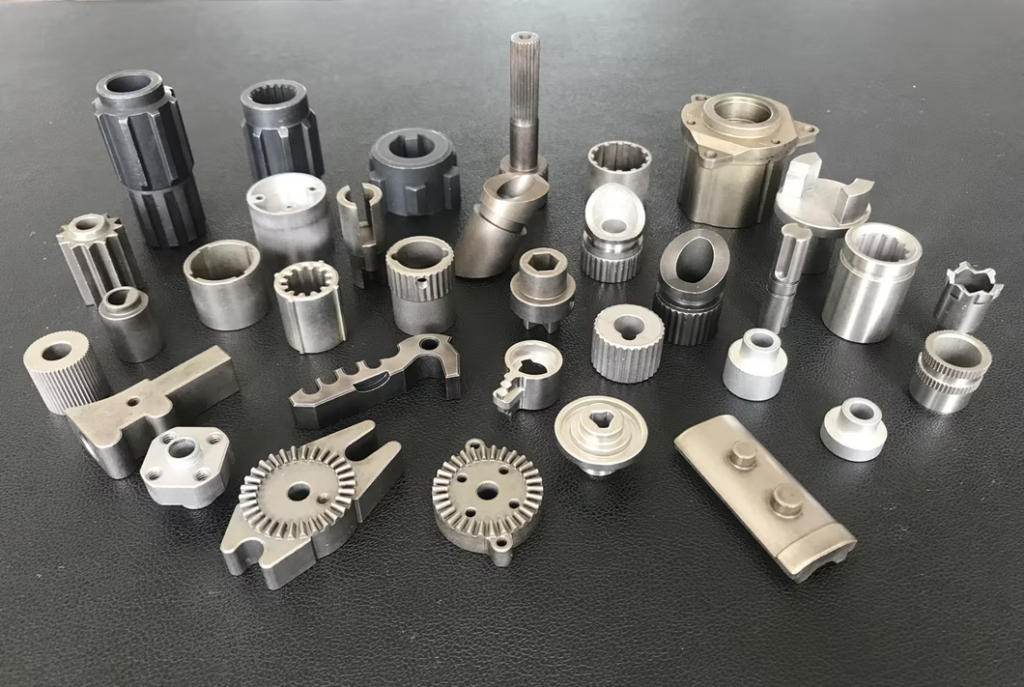In the healthcare sector, precision in procedures is crucial. This is especially applicable to clinical equipment. Laboratory instruments, various surgical tools, and diagnostic machines must run accurately and consistently. Clinical device manufacturers often use a specialized process called powder metallurgy to develop such apparatus and their parts. They also order such parts from leading PM service providers.
Table of Contents
The importance of precision in clinical equipment-making

In various healthcare facilities, the equipment is used in specific environments. Precision is crucial in such setups, and minimal errors can lead to severe repercussions. The risks are too significant, from infections to incorrect diagnosis and treatment and health complications. So, clinical equipment and parts should have the following attributes:
- This equipment must be very accurate and offer precise results.
- Such equipment must be durable.
- They should be resistant to corrosion.
- They should be sturdy and compact.
With the PM procedure, meeting such unique clinical operation needs is possible.
Reasons clinical device and equipment makers rely on PM parts
Leading clinical equipment makers count on the PM process and parts for these reasons:
- Powder metallurgy-derived equipment copes well with extreme temperatures. In clinical setups, using equipment with high heat and freezing points is often necessary. Sterilization equipment is a potent example.
- Clinical apparatus used for surgical procedures and diagnosis must have high accuracy levels. Making such an apparatus with complex geometry is possible with the PM process.
- With powder metallurgy, specific clinical equipment mass production becomes faster and easier.
- Clinical setups primarily deploy portable and ergonomic equipment. With the PM process, they can acquire such apparatus easily.
Some major use cases of PM parts in clinical setups
Diverse types of powder metallurgy parts are found in clinical setups, which have become commonplace in hospitals, specialty clinics, and diagnostic centers.
- PM parts are used in specialized diagnostic devices like X-ray, CT, and MRI machines.
- Laboratory equipment like analyzers, centrifuges, and pipettes also have specialized PM parts inside.
- The PM process is pivotal in creating medical prosthetics and implants.
- It is helpful to Make sterilization equipment a must-have in any clinical setup.
Choosing the right supplier for precision clinical equipment
Clinical entities have to acquire high-quality PM parts for their operations. For this, they have to choose a reliable supplier. To assess such PM part suppliers, checking these aspects will be helpful:
- Manufacturing standard—For high-quality clinical equipment parts manufacturing, choosing a company with stringent quality control is useful. Entities with global certifications make sense here. Top manufacturers comply with quality management systems like ISO 9001:2015.
- Suitable clientele—It would be a good idea to sign up with a PM part manufacturer with experience catering to various clinical segment clients.
- Flexibility- Choosing a PM part and tolling company with flexible quotes and free sample provisions is advisable.
Summing it up
Using accurate, precise equipment is pivotal in clinical setups. To obtain the supply of such equipment, choosing the right manufacturer is essential. It is recommended that you check their credentials, track records, and client reviews when choosing such suppliers.

